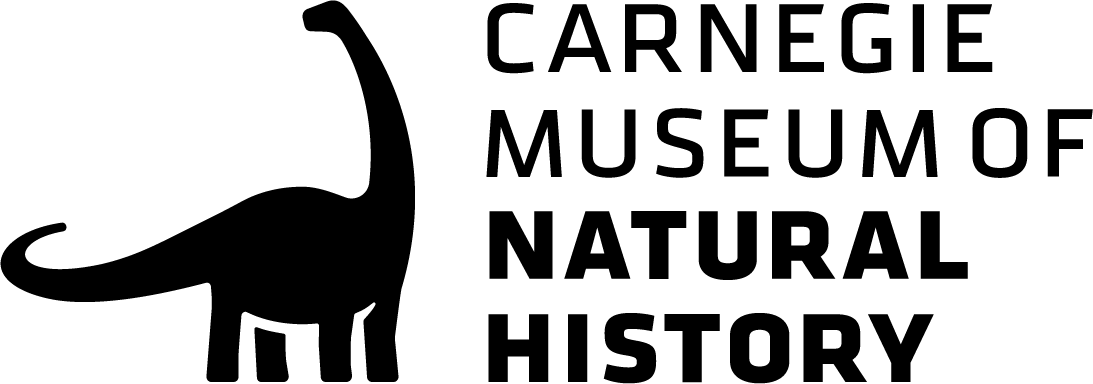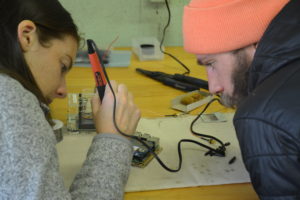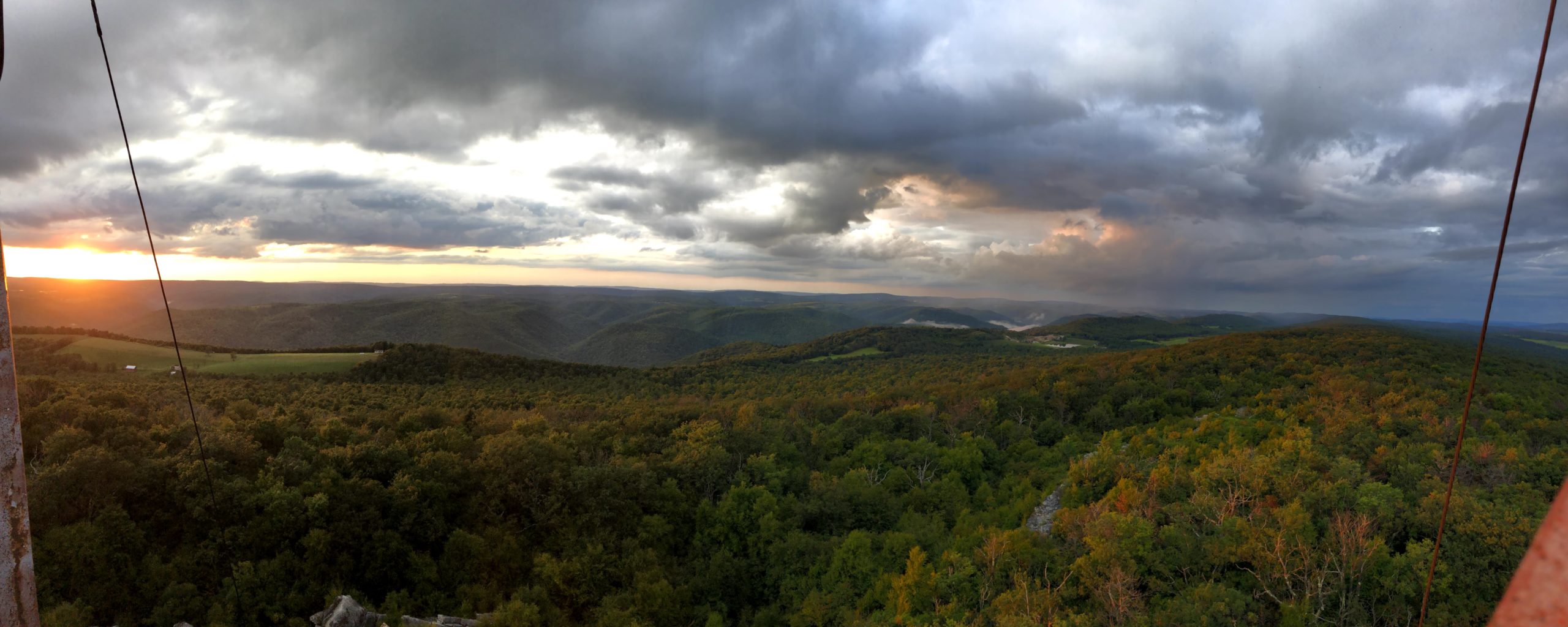
General Information
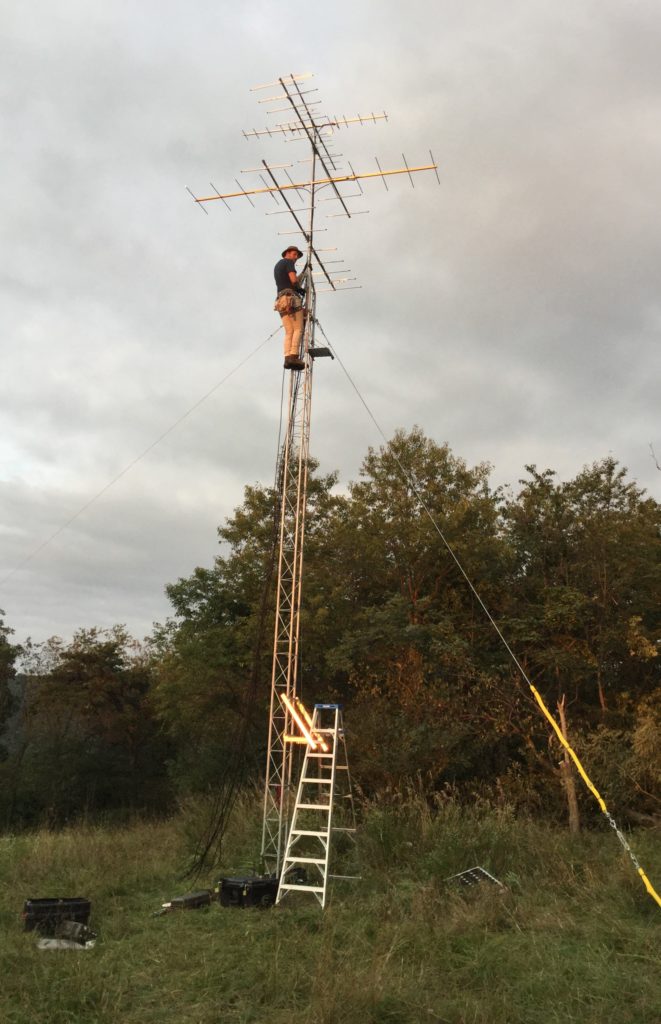
The Motus Wildlife Tracking System has revolutionized how we record animal movements in nature. The Powdermill Avian Research Center, as part of the Northeast Motus Collaboration, hosts both in-person and virtual workshops for those interested in learning more about using the Motus Wildlife Tracking System.
In-person Motus Workshops are hosted at Powdermill Nature Reserve in the beautiful Appalachian Mountains of Southwestern Pennsylvania. During this workshop, we will discuss various aspects of the Motus Wildlife Tracking System such as installing Motus receiver stations, data management and analysis, and attaching transmitters. Participants will have the opportunity to visit multiple active Motus stations and gain hands-on experience attaching transmitters to live birds for those permitted to band songbirds. Registration costs $500 per person and includes two days of instruction, shared housing and several meals. We offer a discounted rate of $300 for early professionals, students, and Latin Americans working in Latin America. If you wish to stay elsewhere, standard accommodations are available at several nearby hotels for approximately $100 per night. Participants will be responsible for their own transportation.
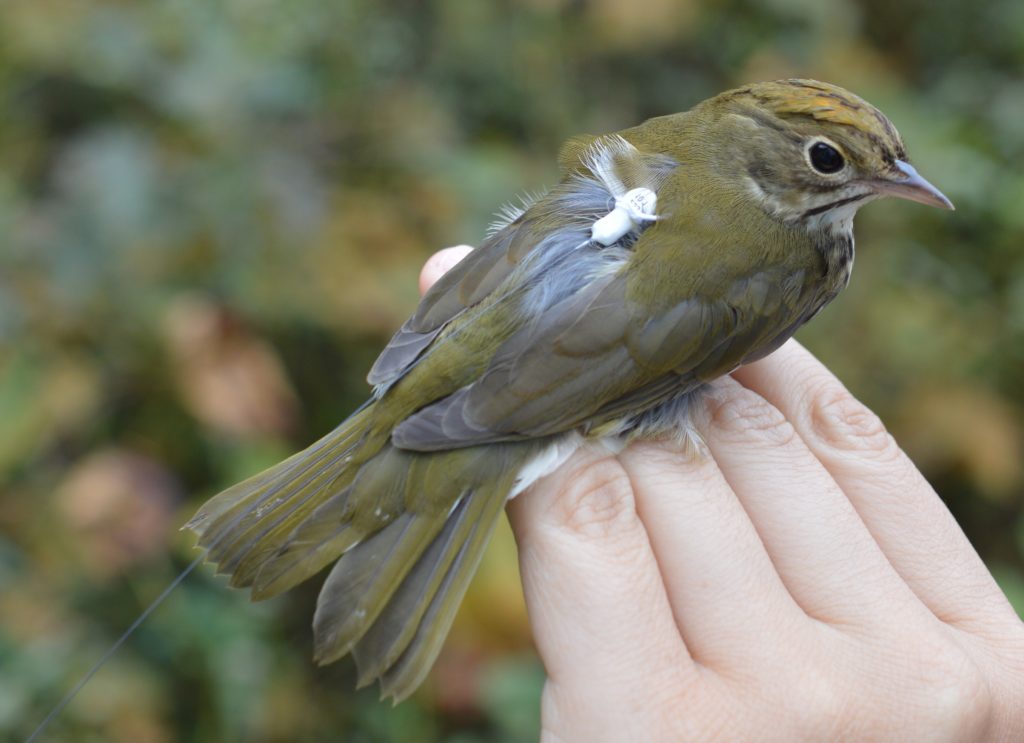
Virtual workshops are hosted online through Microsoft Teams and consist of two four-hour days of instruction covering similar lecture topics as in-person workshops. Registration for this workshop costs $250 per person. We offer a discounted rate of $150 for early professionals, students, and Latin Americans working in Latin America.
OUR NEXT MOTUS WORKSHOP:
The next in-person Motus Workshop will be held May 1st through the 3rd, 2025. Register here: In-person Motus Workshop.
A virtual workshop is being planned for late fall 2025. To add your name to the waiting list for future Motus Workshops, please email our Urban Bird Conservation Coordinator, Jon Rice.

What to expect if you are registered
Workshop activities will begin Thursday evening at 6:00 PM with a catered dinner. An introductory presentation on Motus and an outline of the workshop will take place over dinner, and afterwards there will be time to socialize. Friday morning will begin with rotating between hands-on demonstrations of Motus equipment such as transmitters, antennas, and receivers. Later in the morning, we will shift to technical lectures on transmitters and various aspects of installing Motus receiver stations (planning, equipment, techniques, etc.) with time allotted for questions and discussion. Catered lunch will be provided mid-way through the lectures. We will end the day by taking a field trip to an active Motus station. On Saturday morning, participants will choose a focus area (station installations or nanotagging) for more in-depth discussion and hands-on experience. This will be followed by another catered lunch and presentations on data management and analysis.
About the area
Powdermill Nature Reserve is somewhat remote and sits in the valley between two ridges with a lot of surrounding state park and forest lands (i.e., lots of opportunities for hiking, exploring, etc.). If you wish to extend your stay before or after the workshop, places worth visiting include Linn Run State Park (4 mi), Forbes State Forest (5 mi), Laurel Summit State Park (10 mi), Frank Lloyd Wright’s Fallingwater (25 mi), and Ohiopyle/Ohiopyle State Park (30 mi). Brenda’s Deli and Market in Rector (3 mi) is the closest place for a few essentials or delicious deli sandwich. Ligonier, about 8 miles away, is the closest town and has plenty of shopping, restaurants, and a grocery store. A short drive farther west on Route 30 (~15 minutes) will take you to Latrobe, the closest city with large shopping centers and medical facilities.
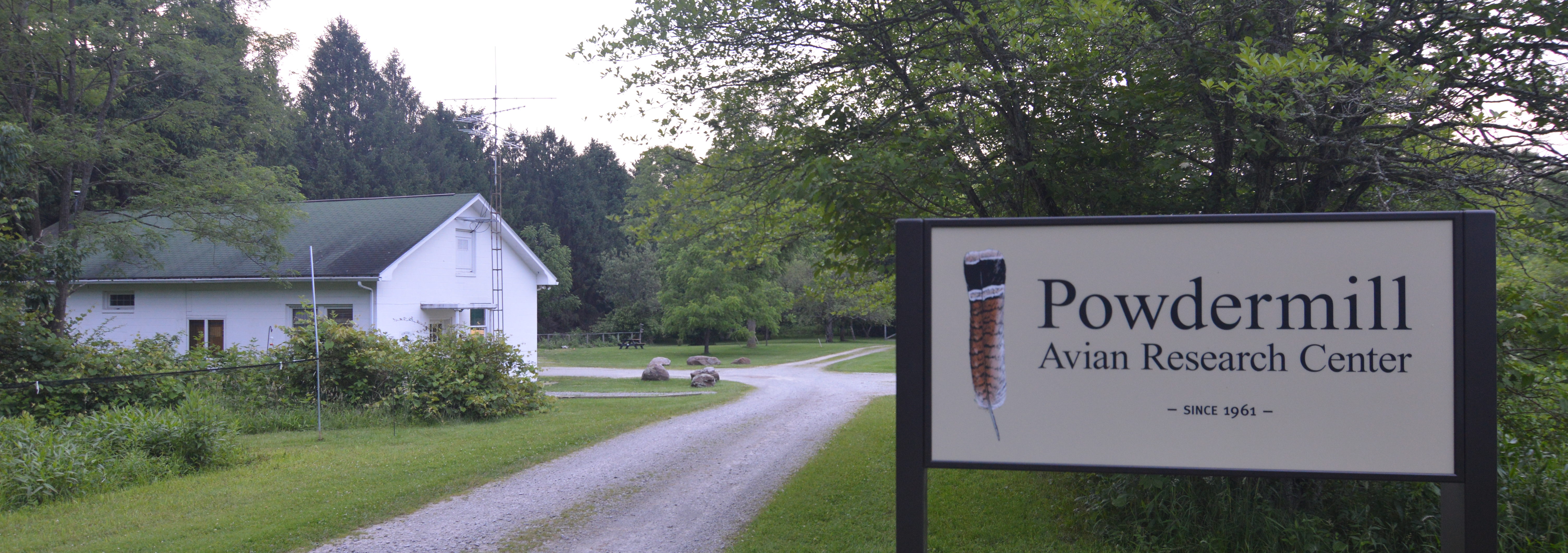
What to pack
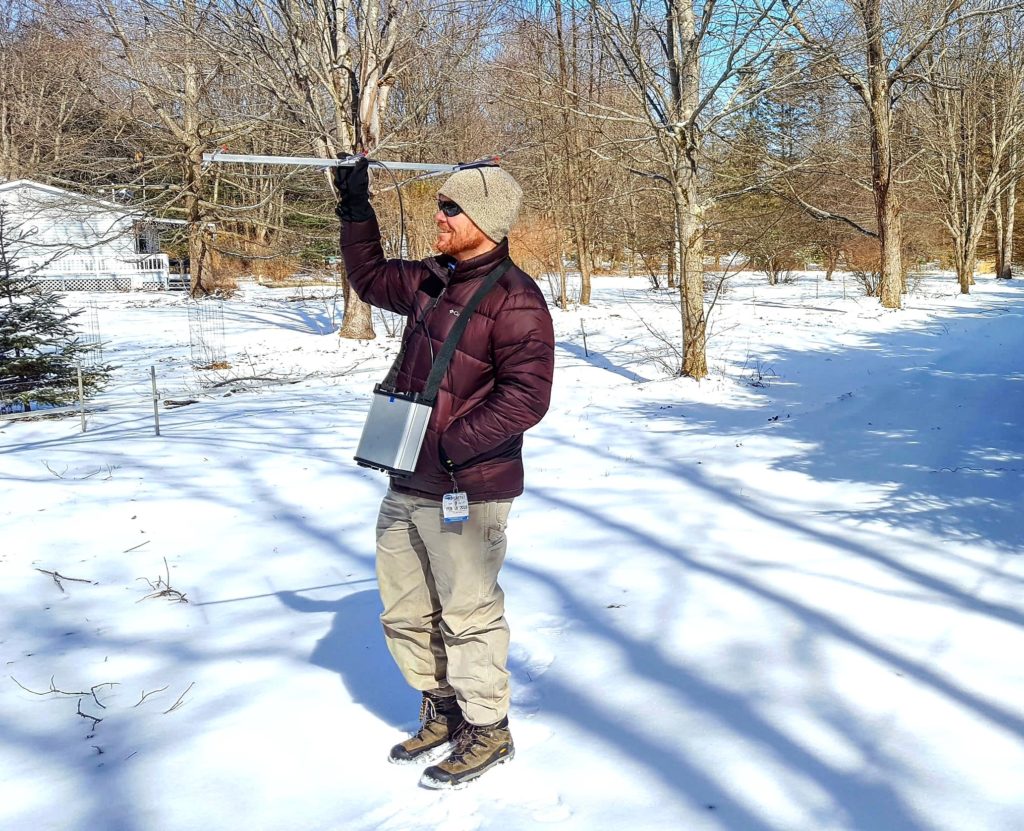
- Layers (warm/hot days can start with considerably cold mornings)
- Sleeping bag or sheets, pillowcase, blankets, towels and washcloths (the cabins do not come with linens)
- Soap and personal items
- Boots and rain gear – come prepared for the weather and walking/working outside
- Notebook and pen/pencil
- Water bottle
- Drinking water (OPTIONAL – tap water is tested and good to drink, but smells a bit metallic)
Still have questions?
Please read through the FAQs below. If you can’t find your answer there, please email our Workshop Coordinator, Jonathan Rice at ricej@carnegiemnh.org.
